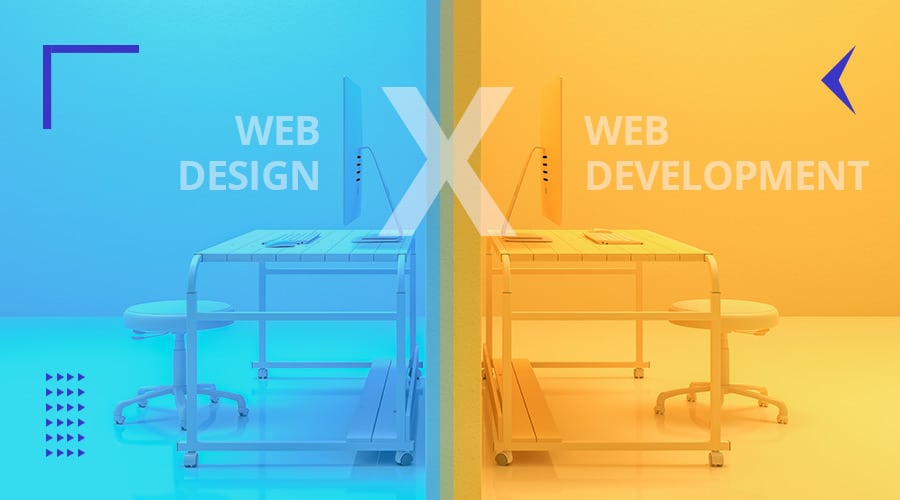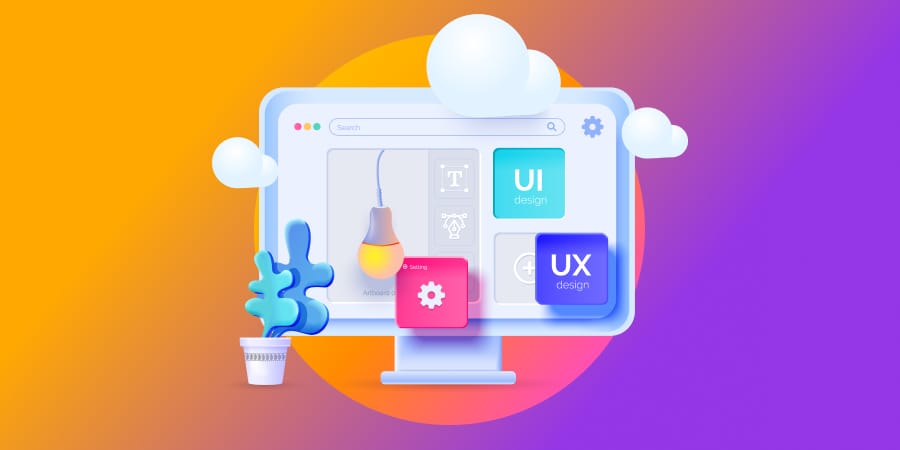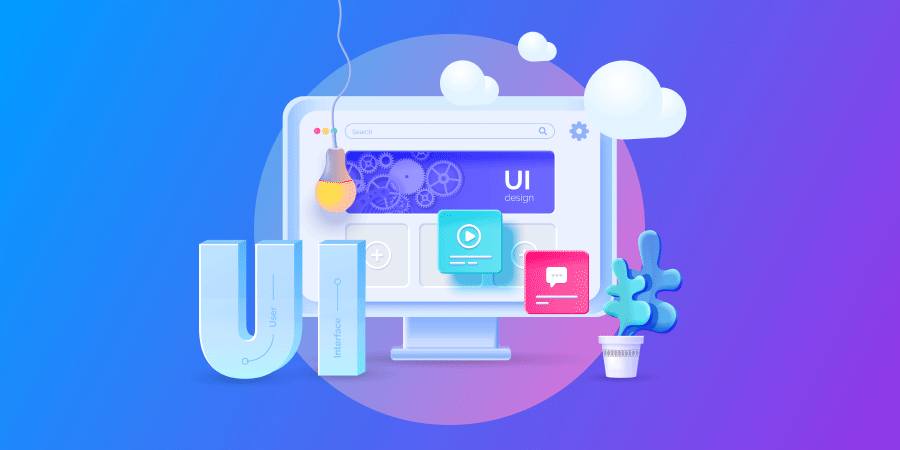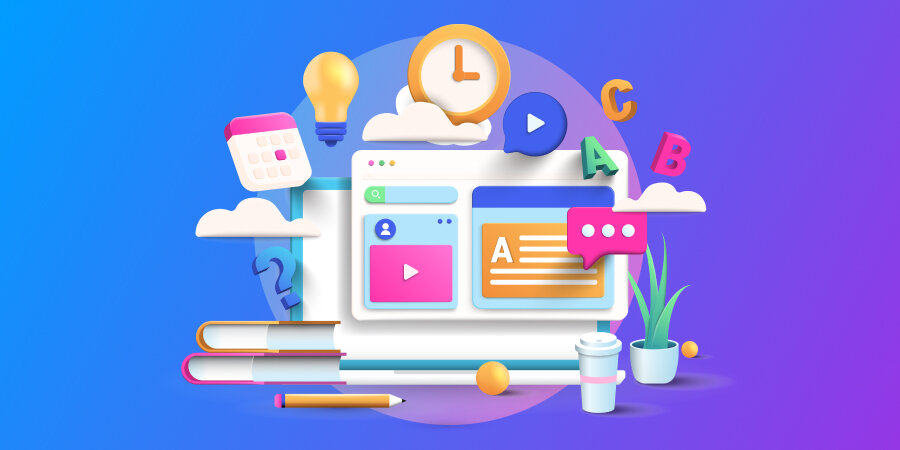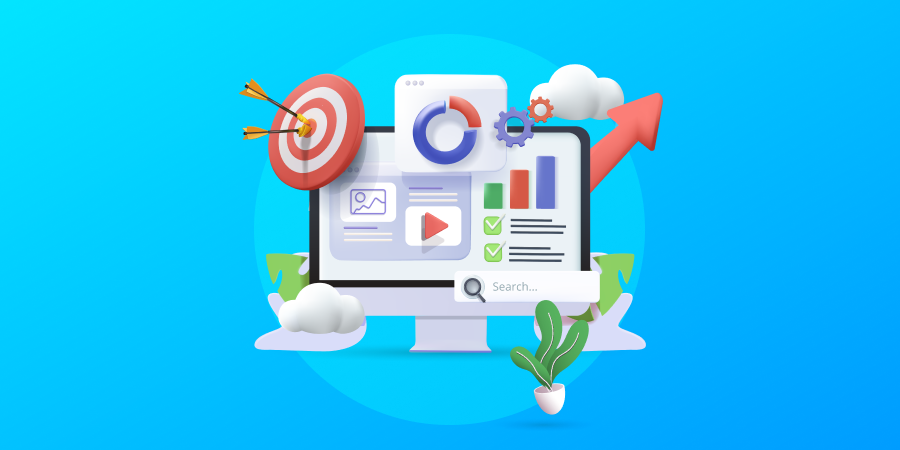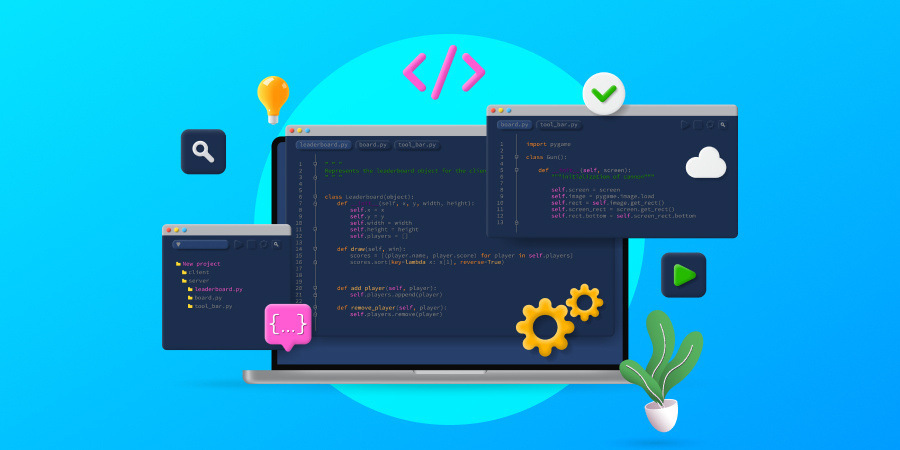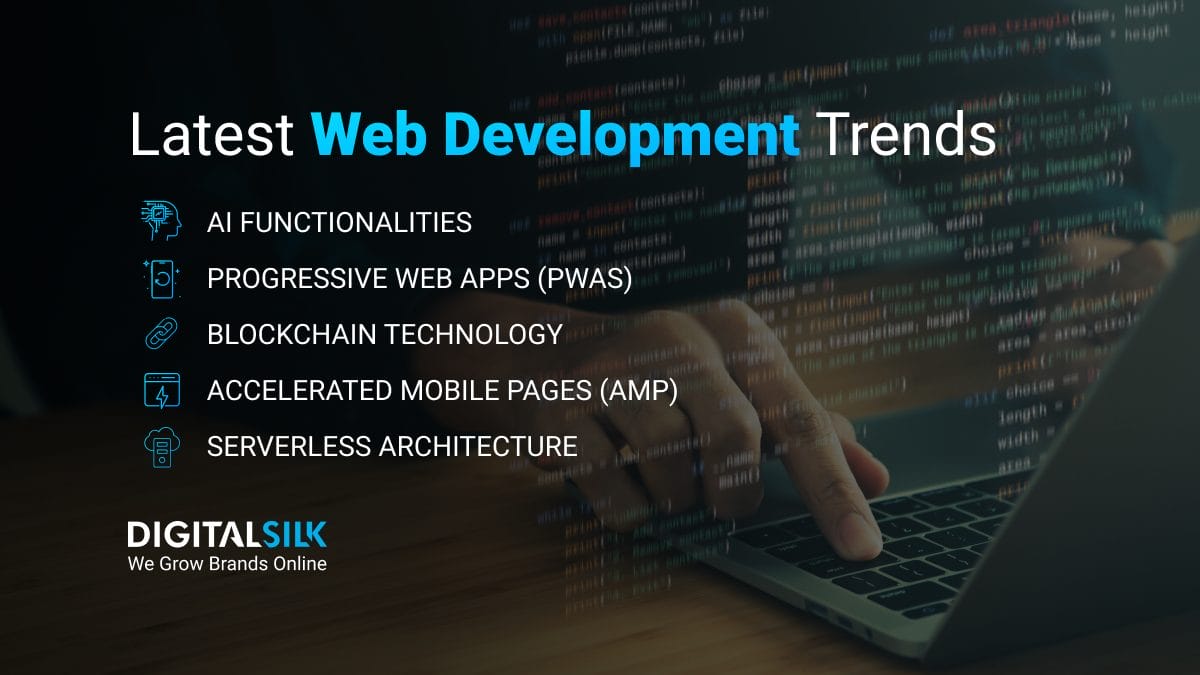Web designers and web developers work toward the same goal: creating highly engaging, visually pleasing websites that offer great user experience and functionality.
However, these specialists cover entirely different grounds.
In this article, we will explore the web design vs. web development comparison and look at the specific duties and skills of web designers and web developers.
By the end of this post, you will be able to determine whether you need the services and knowledge of a web designer or a web developer.
Digital Silk develops custom sites. Request a quote
What Is Web Design?
Web design refers to the usability, or user experience (UX), and visual appearance, or user interface (UI), of a website.
Layout, information flow, color palette, user interface/user experience and everything related to the website visuals are part of the web design domain.
Check out this video of our Digital Silk CEO examining Prowly’s web design:
Web design agencies create the user’s visual experience by using images, typography, branding, wireframes and graphic design. Put together, these factors can make or break digital experiences and online spaces for businesses.
A web design agency provides an important building block for developers who will build the functional website, including its frontend and backend.
HTML, CSS and JavaScript are web design’s most used tools, while programs like Adobe Photoshop and Illustrator are used to create website mockups.
Web design specialists excel in:
- Layout
- Visual design
- Content
- Conversion funnel
- User journey
Web design isn’t just about the look and feel. It involves everything from navigation and messaging to conversion funnel, user journey and more.
What Is Web Development?
Web developers code the frontend of the website, which is what the users see on their screens. This code displays the mock-up design that web designers created.
Web developers also create the backend or the server-side of a website, which is in charge of managing data within the database and serving the data to the frontend display.
While web designers provide the external side of a website, web developers give this design its function.
Web developers make the website mock-ups and prototypes come to life by applying the UI and UX best practices to deliver what the web designer has imagined. This makes it possible for web developers to choose the right tools to deliver the final product as desired.
Frontend developers work closely with web designers as their job overlaps in many places.
Some development terms, skills and tools that all developers know include:
- HTML
- PHP
- CSS
- JavaScript
- Frameworks
- Libraries
- Content Management Systems such as WordPress or Joomla
How Do Web Design & Web Development Inform & Complement Each Other?
Web designers begin by considering the client’s website goals. They then set up the informational architecture that guides the design process.
Next, they come up with wireframes for the website and move to the design stage, taking optimal user experience into account as well as trending principles of aesthetics.
This is where web developers take over and use the created design – a static image of a website – to build a fully functioning website by breaking the design up into different components.
They develop web pages using programming languages or use Content Management Systems to streamline the development and make it easier for a client to update and maintain their own website.
Web developers turn a static layout, handed to them by web designers, into a dynamic digital presentation by adding interactive elements.
The best web development teams consist of web designers who understand the language of developers and web developers who understand the language of designers.
This working principle:
- Improves the communication between the two groups
- Creates a smoother workflow
- Guarantees the best end-result
There are, of course, the so-called “unicorns” – web designer/web developer hybrids who can cover both parts of website creation.
The availability of educational resources as well as increasing business requirements have made this class of multifaceted specialists very sought after.
They have a good grasp of the skills necessary for both web designers and web developers and can take on the entire website project, from the blueprints phase to front and backend development on their own.
However, “unicorns”, being a one-man team, are best used for smaller projects in which a single person can tackle the volume of design, frontend and backend development.
Web Designer vs. Web Developer: What Types Are There & What Skills Do They Have?
The terms “web designer” and “web developer” are very broad. While there is overlap between the two, there are also some very distinct differences when it comes to tasks and skillset.
In reality, these individuals can focus on different areas within their expertise and possess different sets of skills and knowledge to deliver the best results.
There are four general types of web designers:
- Web Designers
- Execute design using CMS such as WordPress
- Design less demanding websites for SMBs
- UX Designers
- Focus on human-centric design
- Create great user experience through design research, testing and validation
- UI Designers
- Focus on usability design
- Create a friction-free interface that converts well
- UX/UI Designers
- Focus on user experience and user interface
Similarly, there are three main types of web developers:
- Backend Developers
- Use PHP, Java and SQL programming languages
- Code database, server and complex website functionalities
- Perform debugging and testing
- Frontend Developers
- Use CSS, HTML and PHP programming language
- Code the website
- Build user features and functionalities
- Full-stack Developers
- Use both basic and advanced programming languages
- Code both frontend and backend
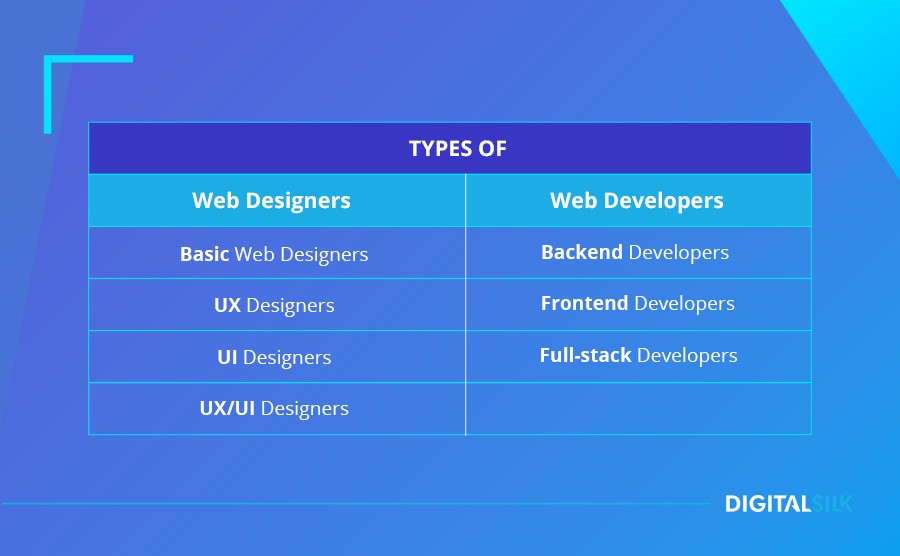
Since web developers are in charge of a website’s technical area, their skills need to be code-oriented.
Developers program different parts of a website that have different requirements in terms of skills.
These abilities and skills fall into developers’ compulsory knowledge:
- HTML: Markup language for frontend that enables styling text for web browsers.
- CSS: Frontend stylesheet language for formatting the web page elements.
- PHP: Backend programming language for coding the website’s core.
- JavaScript: Frontend scripting language for turning the static webpage interactive.
- Libraries: Resources that developers use to save time, so they don’t have to write every component from ground-up.
- Git: Platform for managing various versions of a website.
Beside this programming knowledge, developers should ideally show understanding of:
- Search Engine Optimization
- Responsive web design
- Project and time management
- Collaboration skills
- Problem-solving skills
Web designers, on the other hand, create the interface of the website which pushes their skill set toward the area of design and visual concepts.
Web designers need to be proficient in:
- Layout/format: Coming up with a design that befits the brand while taking into consideration usability.
- Branding: Understanding the client’s brand and the way it informs visuals and messaging.
- Color theory: Taking the psychological and spacial effect of colors into account.
- User journey mapping: Visualization of the path target customers will take toward the conversion. This step informs UI and UX design.
- Funnel development: Understanding the user intent and making the website visitors take desired actions. Also accounts for UX/UI design.
- Emotive design: Knowing the ideal user persona that will visit the website to create a design that resonates with the target audience.
- Responsive design: Being aware of how design affects the website display on various devices and browsers and adjusting it accordingly.
- Interaction design: Increasing the clickability and engagement of a visitor with certain website elements.
Apart from these skills, a web designer should also understand:
- Project and time management
- Web accessibility best practices
- HTML and CSS coding
- Search engine optimization
- Conversion rate optimization
- Client communication
- Team collaboration
Web Design vs. Web Development: How To Establish Which One You Need
Whether you need a web designer or a web developer can depend largely on whether your business is in need of a new website or if you simply want to update the existing one.
For businesses that are creating a brand-new website:
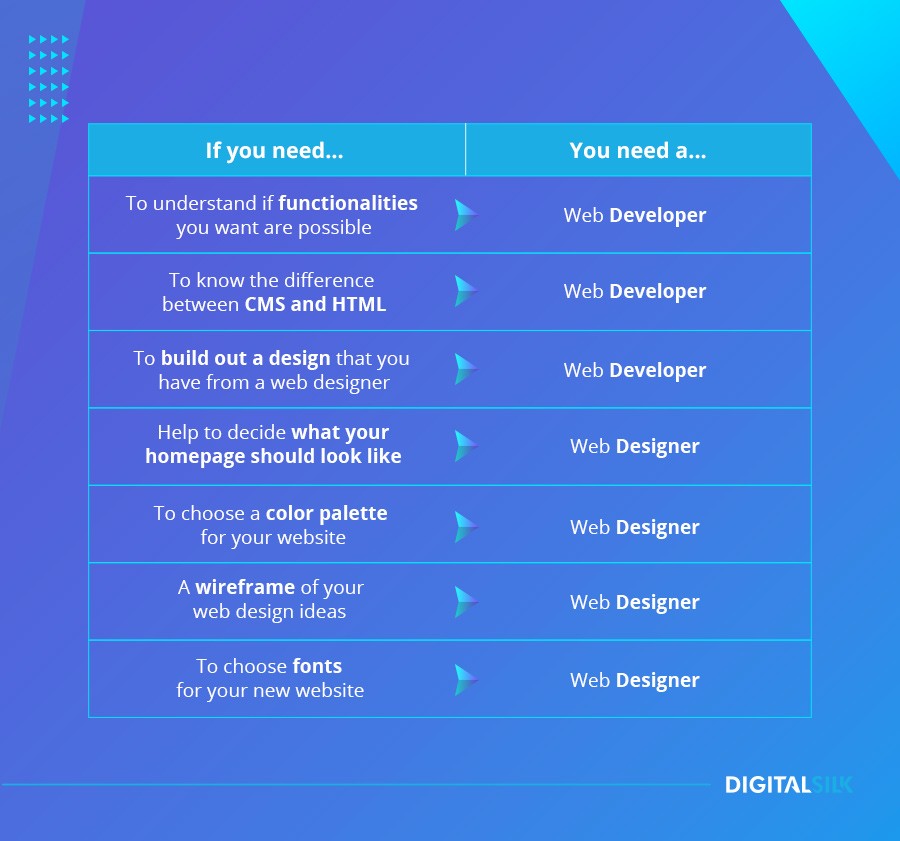
If you have an existing website that you would like to upgrade:
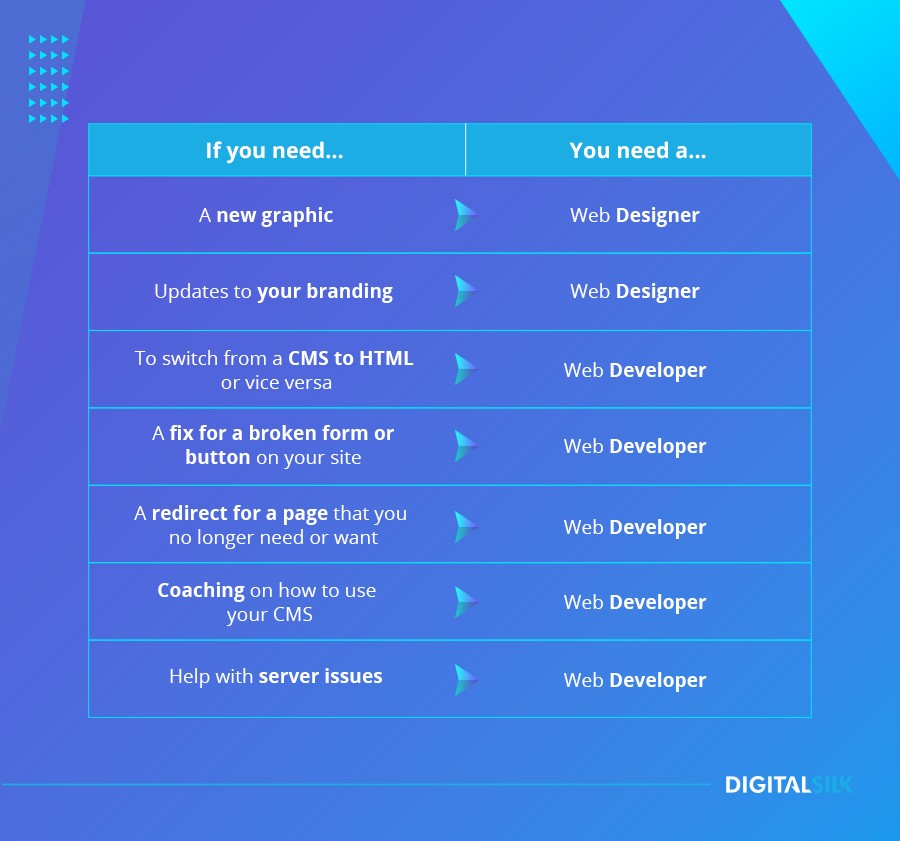
At Digital Silk, we are a full-service agency. We cover the entire scope of your website project, including both custom design and development. Explore this case study to see how we helped one of our clients to increase their website traffic by 19%, increase page speed score by 41%, and increase the speed of the website by 50% (shortly after the website launch).
Tell us about your project and get a free estimate from our experts
"*" indicates required fields


